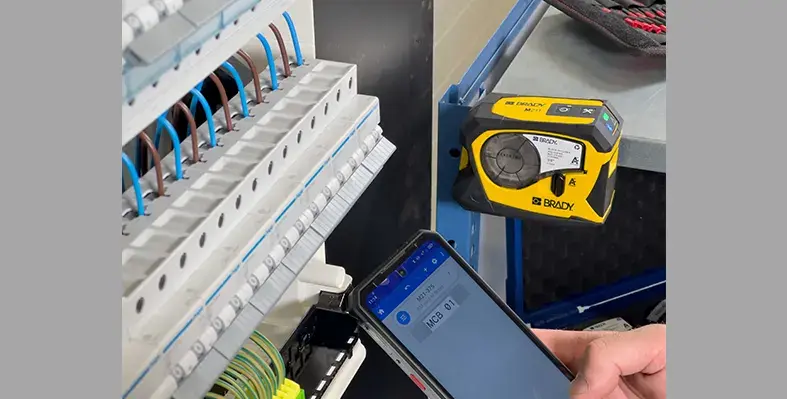
African telecoms and financial companies join global leaders on WorkL’s 2026 World’s Happiest Workplaces list
Several African telecommunications and financial services companies have earned global recognition after being named among the World’s Happiest Workplaces 2026, published by employee experience platform WorkL
According to a recently released report by WorkL, the rankings draw on anonymous feedback from over one million employees across more than 120,000 organisations worldwide. Companies that score 70 or above in WorkL's 'Happy at Work Test' qualify for inclusion.
Africa’s telecommunications sector was particularly well represented, with Kenya’s Safaricom featuring alongside major global operators. South Africa also emerged strongly, with MTN Group, MTN South Africa and Vodacom South Africa all included in the telecommunications and publishing category. Beyond telecoms, Standard Bank was recognised in the financial services category, reinforcing South Africa’s reputation for workplace cultures that prioritise employee wellbeing, engagement and purpose.
Their inclusion places African companies alongside global industry leaders such as AT&T, Telefónica, Tata Communications, Disney and ING Bank, underlining the continent’s ability to compete on workplace satisfaction as well as commercial performance.
Measuring workplace happiness
WorkL’s World’s Happiest Workplaces rankings are based on its Happy at Work Test, a free and anonymous survey that takes employees less than ten minutes to complete. The assessment measures six areas that influence workplace happiness: wellbeing, job satisfaction, reward and recognition, information sharing, empowerment and instilling pride. The final list can be filtered by country, industry and category.
According to WorkL, organisations recognised on the list typically report higher productivity, lower staff turnover and reduced absenteeism.
Commenting on the 2026 results, WorkL founder Lord Mark Price said, "I’m delighted to publish the World’s Happiest Workplaces 2026 List today. Organisations who are recognised report higher productivity, lower staff turnover and lower sick leave as a result of employees being happier."
"Our research shows that nearly 50% of people are unhappy, anxious or depressed at work. It’s our mission to make the world’s workplaces happier, and it starts with acknowledging the ones who are doing a good job."



















